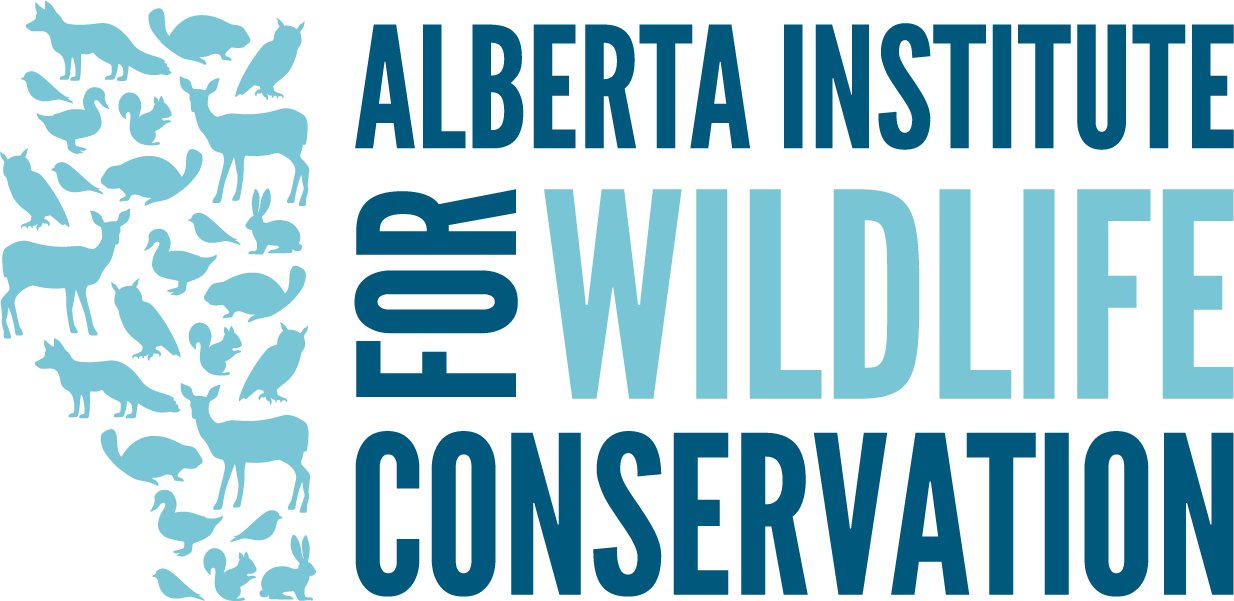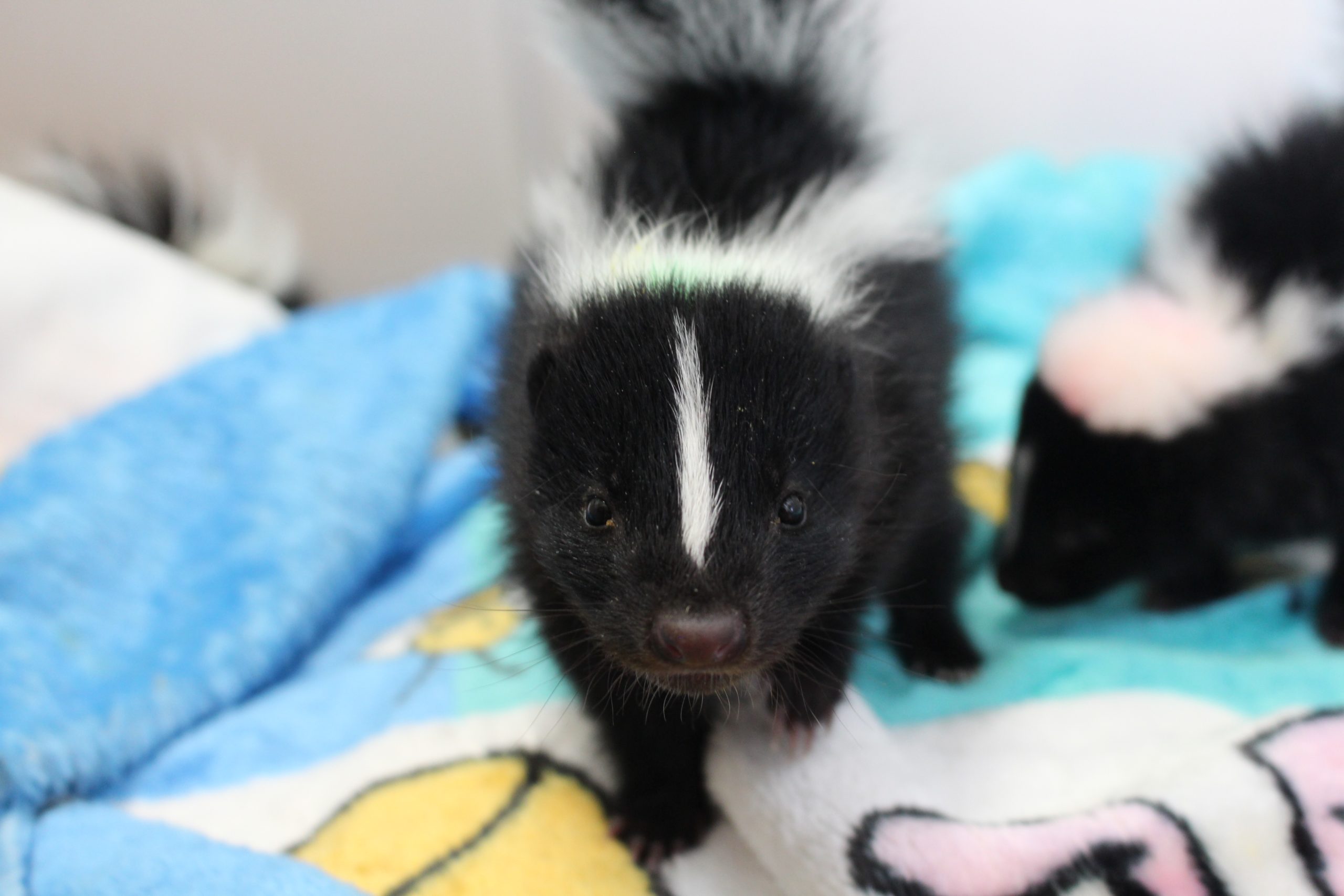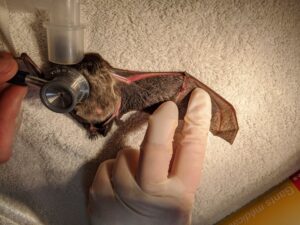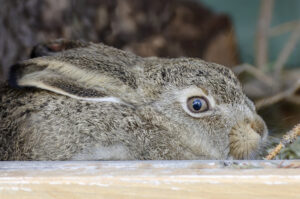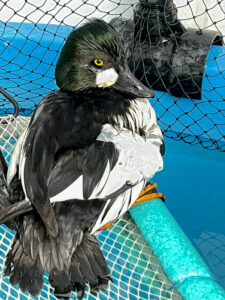Last week marked World Zoonosis Day, which is observed annually on July 6, the anniversary of the first use of a rabies vaccine. Louis Pasteur began developing zoonotic vaccines by studying fowl cholera and bovine anthrax before successfully administering a rabies vaccine to a victim of a rabid dog attack in 1885 (“Louis Pasteur”).
Zoonosis is defined as a disease that can be spread from animals to humans directly through bites or scratches, like rabies and cat scratch fever, or indirectly through bug bites like Lyme disease, Zika or West Nile. Other varieties may be contracted through spores in the air or contaminated water. Many devastating epidemics through human history resulted from zoonosis including the Spanish influenza outbreak of 1919, which originated in birds, and the plague in the 1300s which was spread by infected fleas carried by rats (“World Zoonosis Day”). While these facts may be alarming, World Zoonosis Day aims not to frighten people, but to encourage awareness and preventative measures.
Today, many options are available for preventing exposure and contraction of zoonotic diseases. Protective equipment like masks and gloves, vaccines against certain viruses, and even bug spray to avoid mosquito bites can reduce the instances of human infection. Wildlife rehabilitators must be careful when handling species like skunks, foxes, and bats, which may carry rabies. Although cases of rabies are low in Alberta, should you find a rabies vector animal in need of rehabilitation, it is best to contact AIWC directly as our staff and volunteers are specially trained to handle wildlife, and those volunteers that handle rabies vector species are vaccinated against the disease. It is important for anyone who is not vaccinated against rabies to avoid scratches and bites from animals that may be infected, as tests for the disease can only be completed post-mortem, which means the animal may have to be euthanized for testing, rather than released.
With due care and attention, people and animals can happily coexist.
Are you interested in learning more about how you can support AIWC rehabilitate injured wildlife? Visit www.aiwc.ca/support-us for more information!
By Stephanie Ruddock, AIWC Volunteer
Sources:
“World Zoonosis Day.” Merial, Web. 06 July 2017. <https://merial.com/en/content-pages/featured-articles/world-zoonosis-day-16>.
“Louis Pasteur.” Chemical Heritage Foundation, 15 Jan. 2016. Web. 06 July 2017. <https://www.chemheritage.org/historical-profile/louis-pasteur>.
